Recent Articles
Popular Makes
Body Types
Does Your Car Really Need Premium Gas?

Car maintenance ・ Photo by Dangubic - stock.adobe.com
New cars, trucks, and SUVs are better than they’ve ever been before. They run smoother, last longer, and generally deliver more performance on a gallon of gasoline than any older vehicle. The great improvements that we’re enjoying now are the result of billions of dollars spent on research and development in every aspect of motor vehicles. But it still holds true that you cannot get something for nothing. There’s always a tradeoff, and for some cars, that means using more expensive premium gasoline. But does your car really need premium gas?
Modern computer-controlled engine management systems allow new engines to run very efficiently, at a level that simply was not possible with a carburetor and a traditional distributor for ignition. One of the facts about modern engines is that in order to get plenty of torque and horsepower from a smaller engine, the design has to use higher compression or a turbocharger, and that often means premium fuel will be required.
What Is Premium Gasoline?
In most of America, premium gasoline means an octane rating of 91 to 93, according to the sticker on the pump. The difference between premium, mid-grade, and regular gasoline is that octane rating. Regular is usually 87 octane, while mid-grade fuel is 89 octane. A higher octane rating means that the fuel can withstand higher compression without detonating, often called pinging. That’s why high-compression engines need the more expensive premium fuel.
To get to that higher octane rating, fuel chemists at the gasoline companies use a variety of petroleum formulations and chemical additives. The premium gas you get at the pump anywhere in America has these additives, and they raise the cost of producing the gasoline, which is why premium fuel costs more than regular or mid-grade.
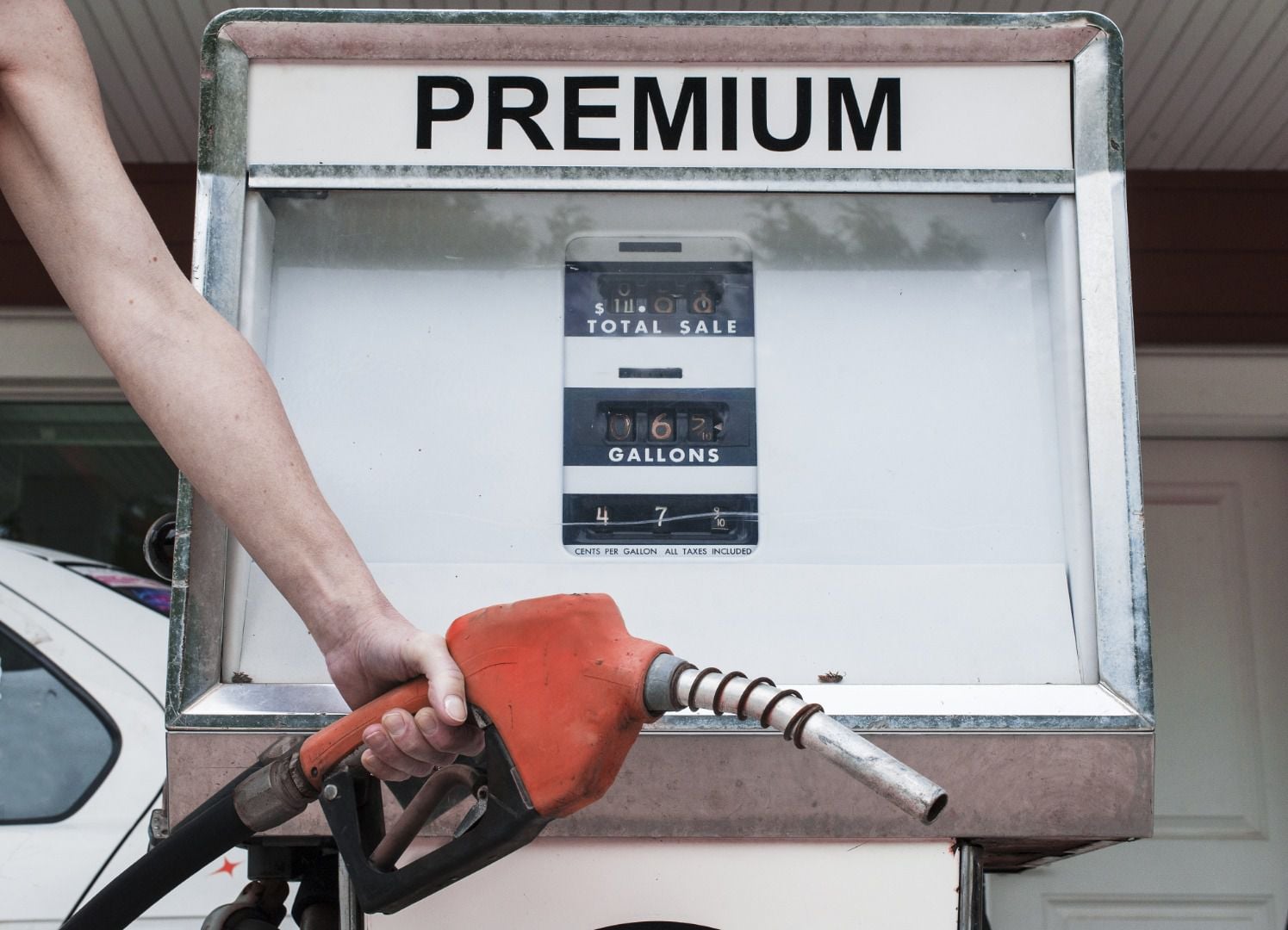
Photo by Charles Mckaig
How to Tell Whether Your Vehicle Needs Premium Gas
The easiest way to tell if your car really needs premium gas is to read the sticker on the inside of the fuel door. If the vehicle requires premium fuel, it will say so. If it doesn’t specify premium, you can run regular unleaded gasoline.
If there’s no information around the fuel filler, you can also read your vehicle’s printed owner’s manual or look it up online, and it will tell you exactly what grade of fuel your engine needs. The owner’s manual is the final word on everything that is needed for any vehicle.
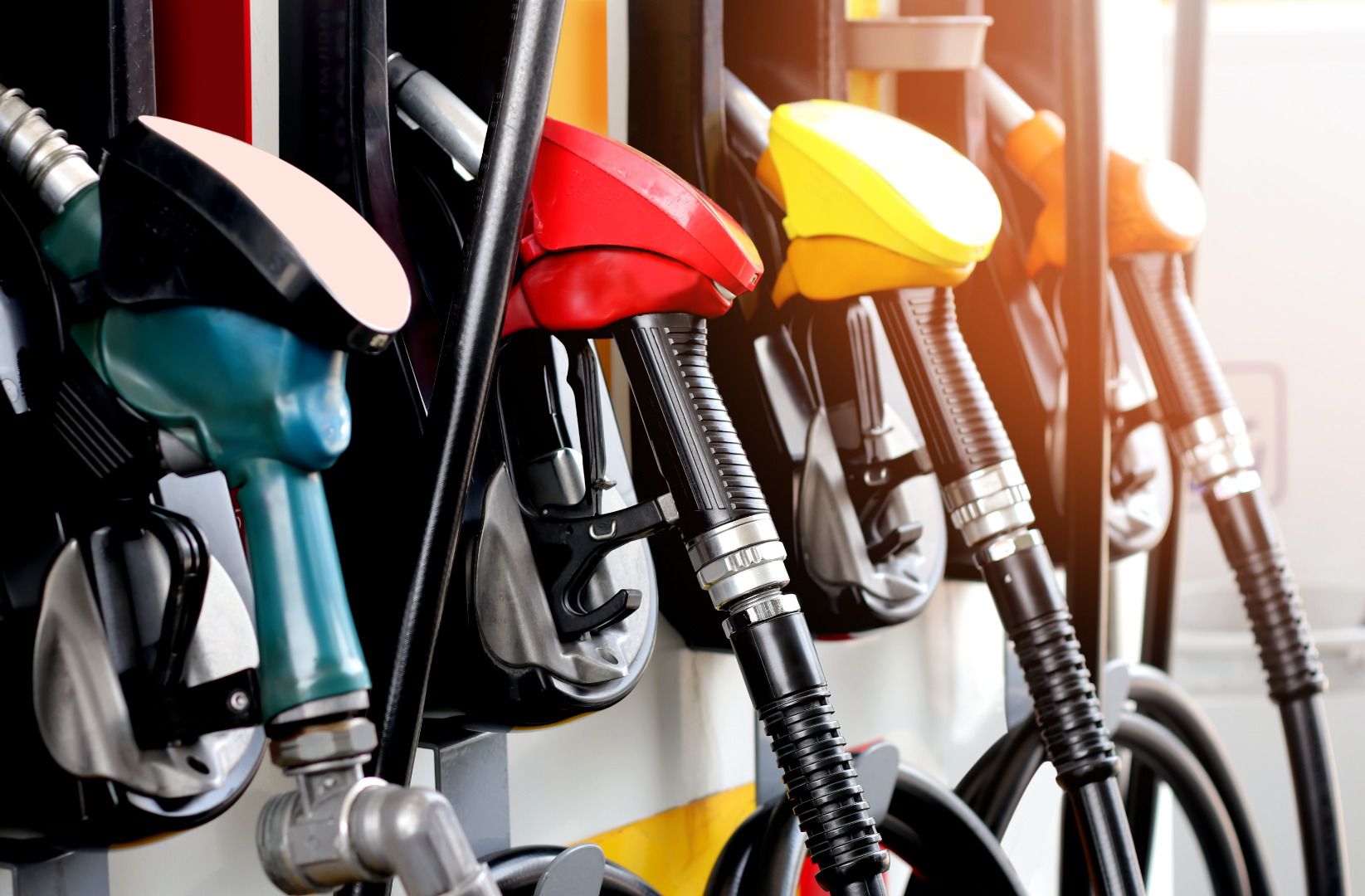
Photo by ©kittisak - stock.adobe.com
Is Premium Gas Recommended or Required?
One key distinction that is becoming more common in owner’s manuals is recommending premium fuel, but not requiring it. Pay close attention to the exact wording.
The reason is that modern engine management systems can detect a lower-octane fuel and adapt to it. Running lower-octane regular unleaded won’t hurt those engines, but they may deliver less horsepower with lower-grade fuel. If you want to go faster and accelerate more quickly on a car that recommends premium, you can invest in a tank of the pricier fuel.
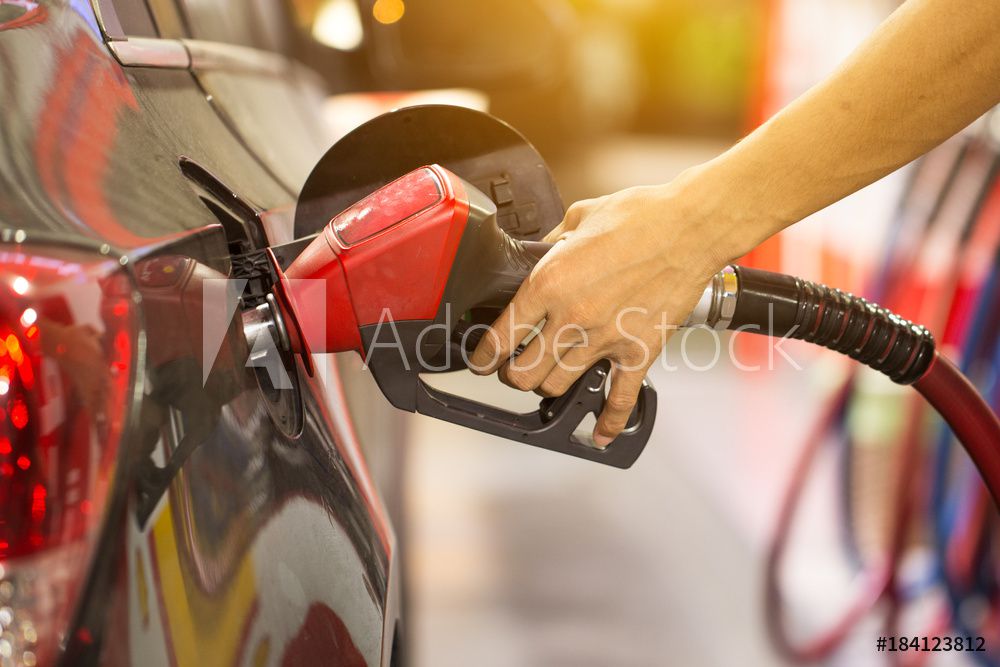
Photo by Manusapon
What if You Ignore the Premium Gas Requirement?
If your vehicle requires premium gasoline, it’s a bad idea to put lower-grade fuel in the tank. On older turbocharged vehicles, running a lower grade of fuel can actually damage your engine. As mentioned, newer vehicles can often adapt, but they’re still going to run better on the recommended premium fuel.
However, if your vehicle owner’s manual says that the engine will run on 87 octane regular unleaded gasoline, that’s what you should use. Putting in a higher grade of fuel won’t hurt anything, but you will likely be spending at least 20 cents a gallon more for fuel that is doing you no good. Stories you may have heard about using premium at higher altitudes, or during hot weather, or for any reason are all incorrect. If the automaker says it will run on regular, then it will run on regular at all times.
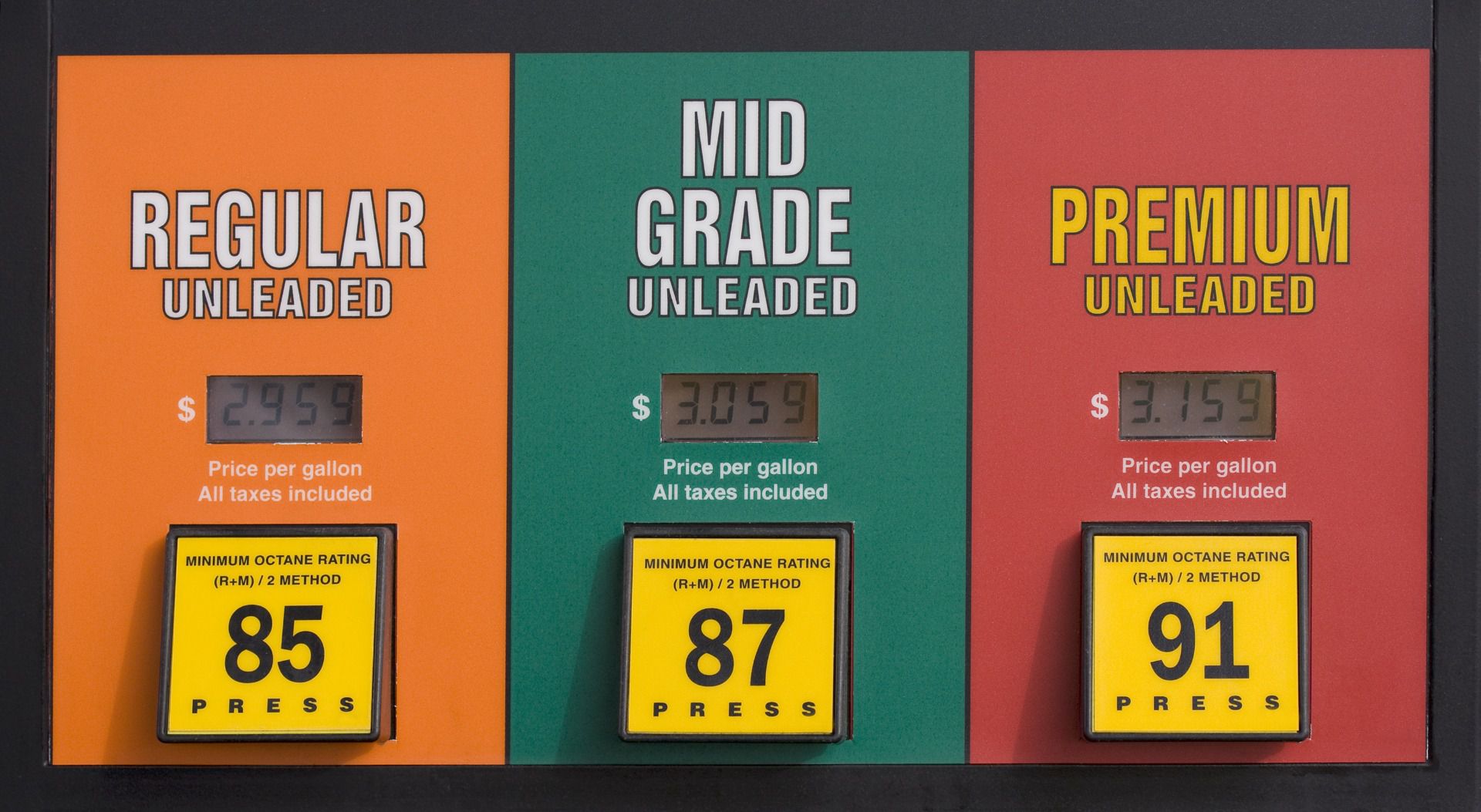
Photo by MarekPhotoDesign.com - stock.adobe.com
How to be Sure You’re Really Getting Premium Gas
All gasoline looks and smells the same, so if your vehicle needs premium gas, how can you be sure that you get what you’re paying for? The fact is, gas stations almost never sell lower grades of gas as premium. Gas stations are subject to spot checks and regular inspections and tests. Most states require a gas station to place a sticker on the pump showing the last time that pump was tested and certified.
The tests for gas station pumps include making sure that the meter is accurate so you get a full gallon of gas, and then chemical analysis tests the gas for purity, water contamination, and quality.

Photo by Dangubic - stock.adobe.com
What Is Top Tier Fuel?
One term you may not have heard is Top Tier fuel. Most automakers recommend Top Tier rated fuel in their owner’s manuals. The Top Tier rating means the gasoline has been formulated to meet or exceed federal EPA standards for content and quality. Top Tier fuel also includes detergents that help keep your engine clean and free of gum buildup and chemical deposits. It’s always better to use Top Tier fuel, because fuel that is not Top Tier could cause problems.
The good news is that virtually all well-known brands of gas sold in the United States meet Top Tier specifications. The Top Tier Gas website lists all the licensed retail brands of fuel that meet the standards. Chances are, any station you choose will offer Top Tier gas, but you can always ask if you’re not sure.
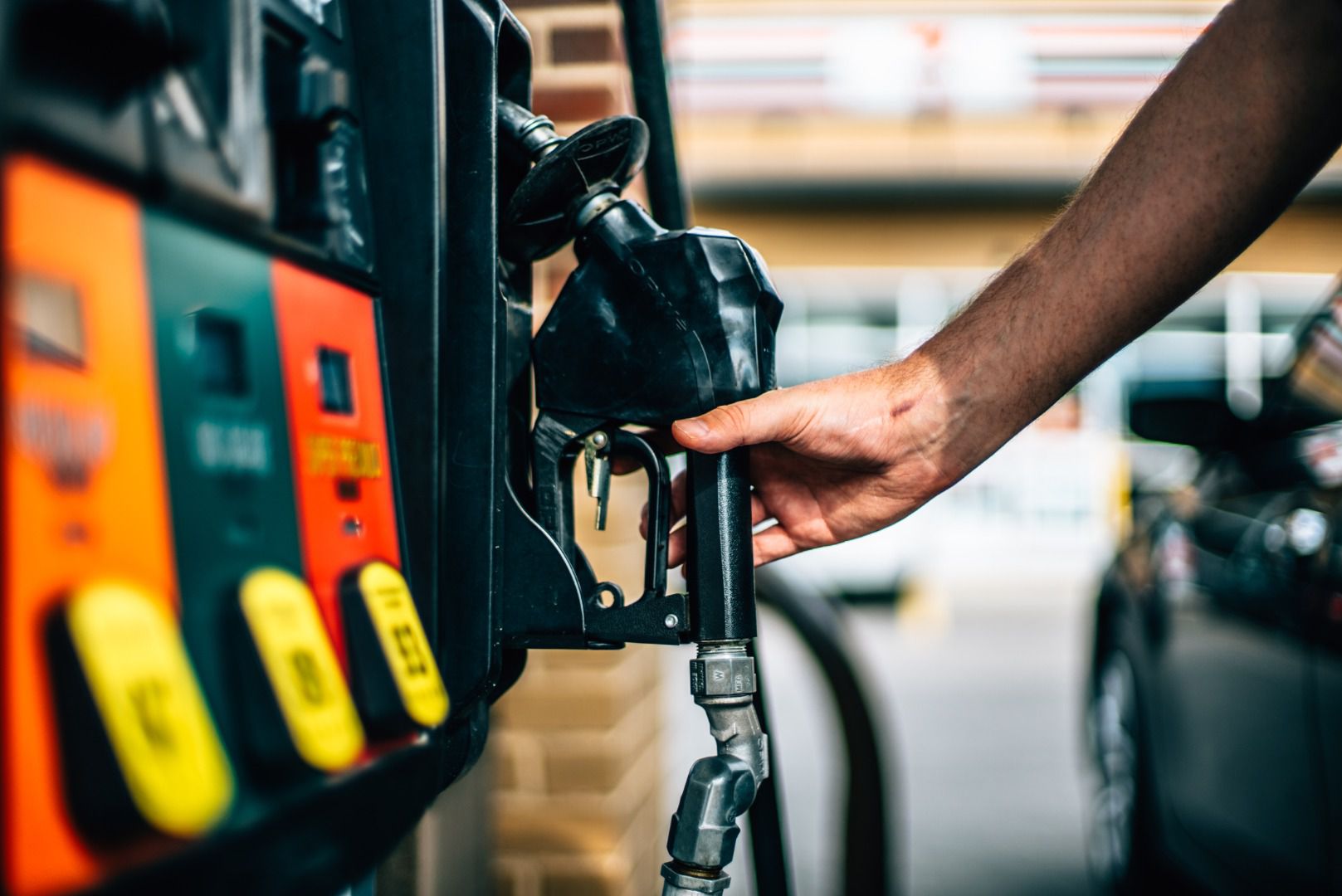
Photo by Corey Frey
Things to Remember About Premium Gas
Here are the key points to remember from this article:
- Many modern vehicles require premium gas, especially those with high-output and turbocharged engines.
- Premium gasoline is made with a higher octane rating, which helps keep high-compression engines running smoothly.
- Check the inside of your fuel filler door or read your vehicle’s owner’s manual, to see if your vehicle requires premium gasoline.
- If your vehicle does not require premium gasoline, there’s really no benefit to paying more for premium.
- All major gasoline stations in the United States adhere to the Top Tier fuel standard, which guarantees quality and consistency of gasoline.

Photo by Anya Berkut